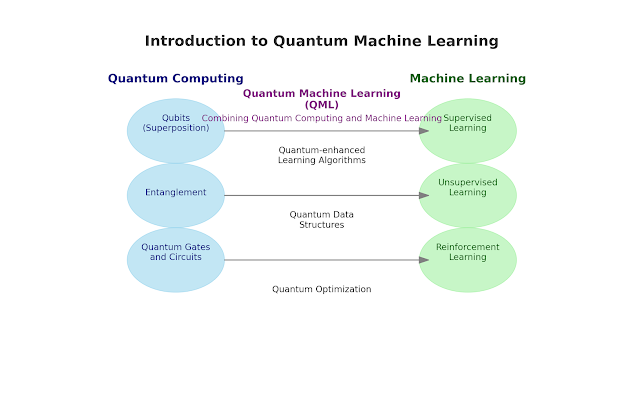Quantum Computing on Climate Modeling and Environmental Science

Quantum computing promises to shake up climate modeling and environmental science in ways that, until recently, sounded like science fiction. Here’s why the field is so excited and what’s realistic to expect over the next decade. Why Classical Computers Struggle Climate models are beastly. They try to simulate the entire planet, from swirling clouds to deep ocean currents , using equations that don’t play nicely with shortcuts. Right now, the world’s fastest supercomputers still have to cut corners: they use coarse grids, simplify chemical reactions, and make do with “good enough” guesses for processes like cloud formation. The problem is, climate is chaotic. Tiny changes ripple outwards, and the difference between a hurricane and a sunny day can hinge on a calculation made at the molecular level. More accuracy means more variables, more data, and very quickly an impossible number of calculations. Where Qu...



